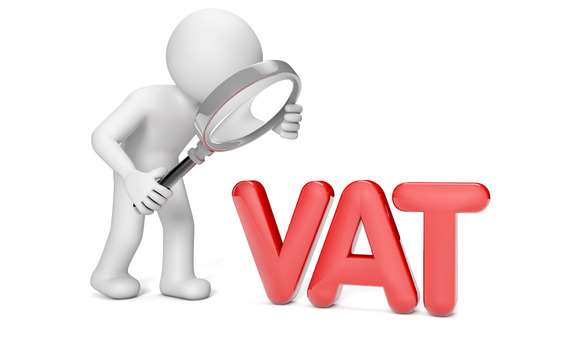Upper Tribunal rules that supply of staff through an intermediary was not exempt from VAT
15 November 2021
15 November 2021

The Upper Tribunal (UT) have upheld a decision made by the First Tier Tribunal (FTT) confirming that the supply of medical practitioners, through an intermediary, was not an exempt supply of medical care.
In the case of Mainpay Limited versus Her Majesty’s Revenue and Customs TC/2016/03030, the FTT had no difficulty in deciding that Mainpay was not providing medical care, which is VAT exempt under the VAT Act 1994, Schedule 9, Group 7, and it was instead making a supply of staff to an agency, which is a standard-rated supply.
In the most recent case, the UT concluded that the FTT had taken account of all the relevant circumstances upholding the decision by the FTT.
The UT also rejected the argument that the FTT had formulated the wrong test in relation to ‘control’ as alleged by Mainpay. The FTT had concluded that the relevant test was not whether there was a transfer of control over clinical decision-making, but instead over the way in which the consultant worked. The UT considered that this was the correct approach.
The UT therefore concluded the exemption in VAT Act 1994, Schedule 9, Group 7 did not apply to the supplies made by Mainpay and the appeal was dismissed.
For more information on the FTT’s decision click below to read our blog:
Case confirms supply of staff by an intermediary to provide medical care is not VAT exempt
Aspire Comment:
Whilst it is not impossible for a contracting intermediary to provide a “full service”, such as the supply of medical care, we would expect there to be significantly different contractual documentation, communicational documentation and processes and procedures operated by a contracting intermediary that clearly differentiates between the contracting intermediary supplying a full service, such as medical care, versus the supply of temporary labour.
We see HMRC challenge this point in the temporary labour industry in other sectors also, such as construction. Care must be taken before agreeing to not charge VAT on an invoice, as repercussions could be a VAT assessment, penalties and interest, not to mention the potential for penalties to be transferred to company directors.
If you require any guidance, get in touch with one of our team on 0121 445 6178 or send us an email at enquire@aspirepartnership.co.uk.